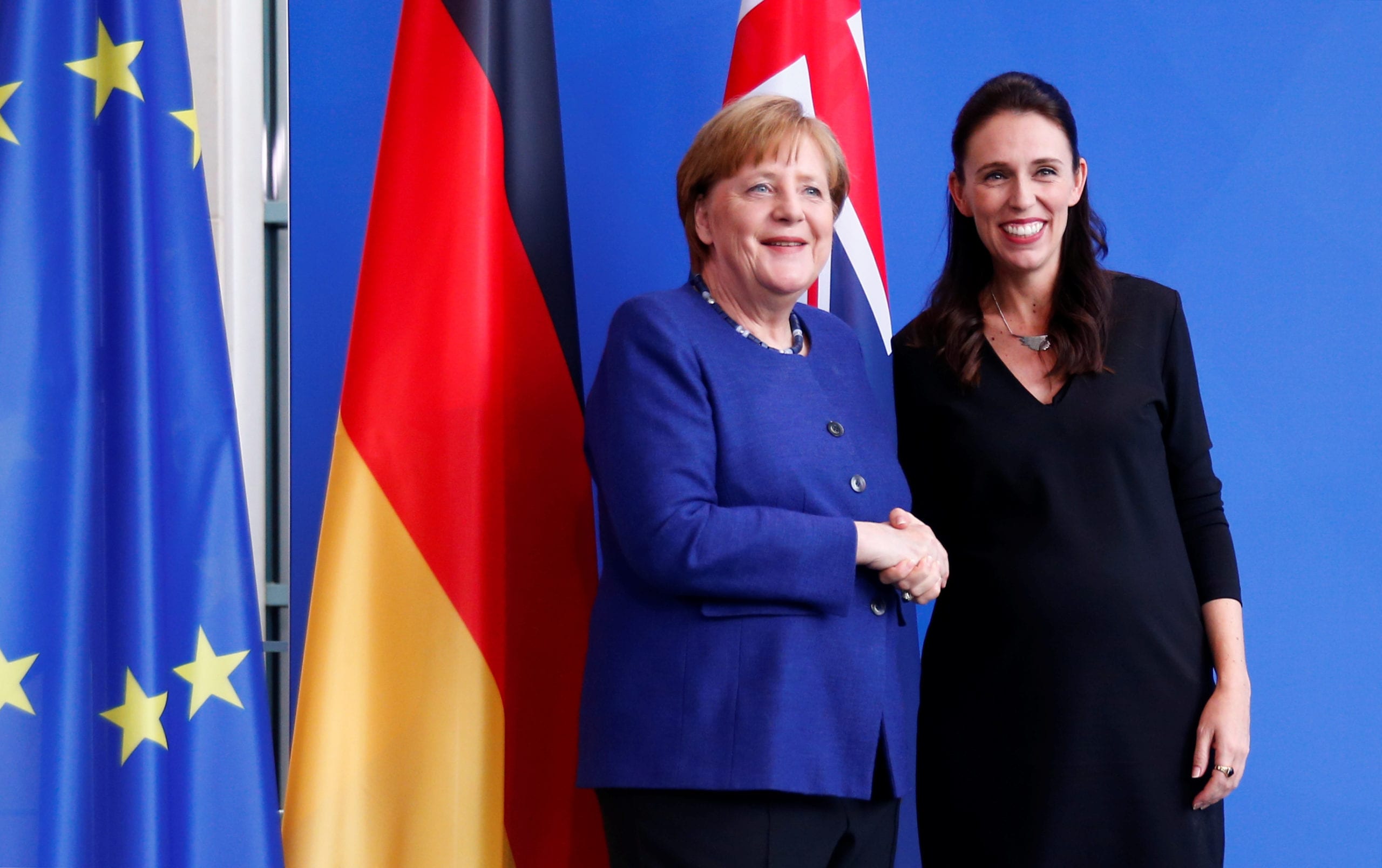When it comes to the coronavirus crisis, there are two things they share – their leaders have been praised for their handling of it, and those leaders are all women.
New Zealand acted early enough to be able to not just flatten the curve, but to attempt to eliminate the virus. Jacinda Ardern’s government took timely, decisive action as the crisis was unfolding around the world; closing borders when New Zealand only had a handful of cases, and imposing a national lockdown early in the nation’s outbreak.
Meanwhile, under the leadership of Chancellor Angela Merkel, Germany was the first large democracy to contain the virus’ spread and has overseen the largest-scale coronavirus testing programme in Europe. The country is now starting to methodically reopen its economy.
With the epidemic originating in mainland China, Taiwan seemed to be highly vulnerable to coronavirus. But early and aggressive interventions ordered by President Tsai Ing-wen have meant there have been around 440 cases in a population of almost 24 million. Since the first signs of a new illness back in January, Tsai has introduced at least 124 measures to block the spread.
Then there’s the nordic countries, with four out of five led by women. Norway, Denmark, Iceland and Finland have low death rates from coronavirus compared to much of Europe. Leaders of these countries were also quick to respond and have used smart strategies to limit infection.
While it’s too early to know which leaders will emerge having best managed the spread of the virus while mitigating the impact on their economies, these female leaders have thus far demonstrated effective handling of the pandemic. Vanessa Pigrum, CEO of Cranlana Centre for Ethical Leadership, says leaders need to inspire trust to be effective, especially in times of crisis. In addition to quick and decisive action that has saved lives, these women have been empathetic, innovative and clear in their communication.
“These women have, like all leaders, had to make difficult decisions quickly, in an unprecedented and rapidly changing situation,” says Pigrum. “These decisions have had enormous consequences. They’ve slowed the spread of the virus and saved lives, but in doing so have economically impacted millions of people. Acknowledging these hardships with emotional courage, communicating with clarity and empathy, and calmly engaging in an authentic way with their constituents engenders public confidence.”
While an ability to maintain integrity throughout turmoil is certainly not unique to female leadership, Pigrum suggests how these female leaders got to be where they are may have affected their leadership style. “The traits of ethical leadership are the same regardless of gender or age, but the expression of those traits might be affected by whether those leaders followed a traditional path to authority,” she says.
“For the current leaders of these countries following a less conventional political path may have required them to develop their leadership skills in a different way to their male counterparts. Quite a few of these leaders are also drawn from a younger generation, which has quite different expectations of the world than their predecessors. They may feel less constrained by established traditions or practices. Like many other millennials in the workforce today, they are unafraid to question and demand something more from their roles.”
Pigrum believes the success of these countries’ response to the pandemic highlights the benefits of diversity. “We need leaders drawn from a wider field than has traditionally been the case, to bring with them a new perspective and fresh approach to persistent issues, and brand-new challenges,” she says. “The pandemic has swept away many assumptions about entrenched systems and challenged accepted thinking in a range of spheres. It’s also shown us that what people need in a crisis can be met by a range of leadership styles which offer more than we’ve been offered to date.”




